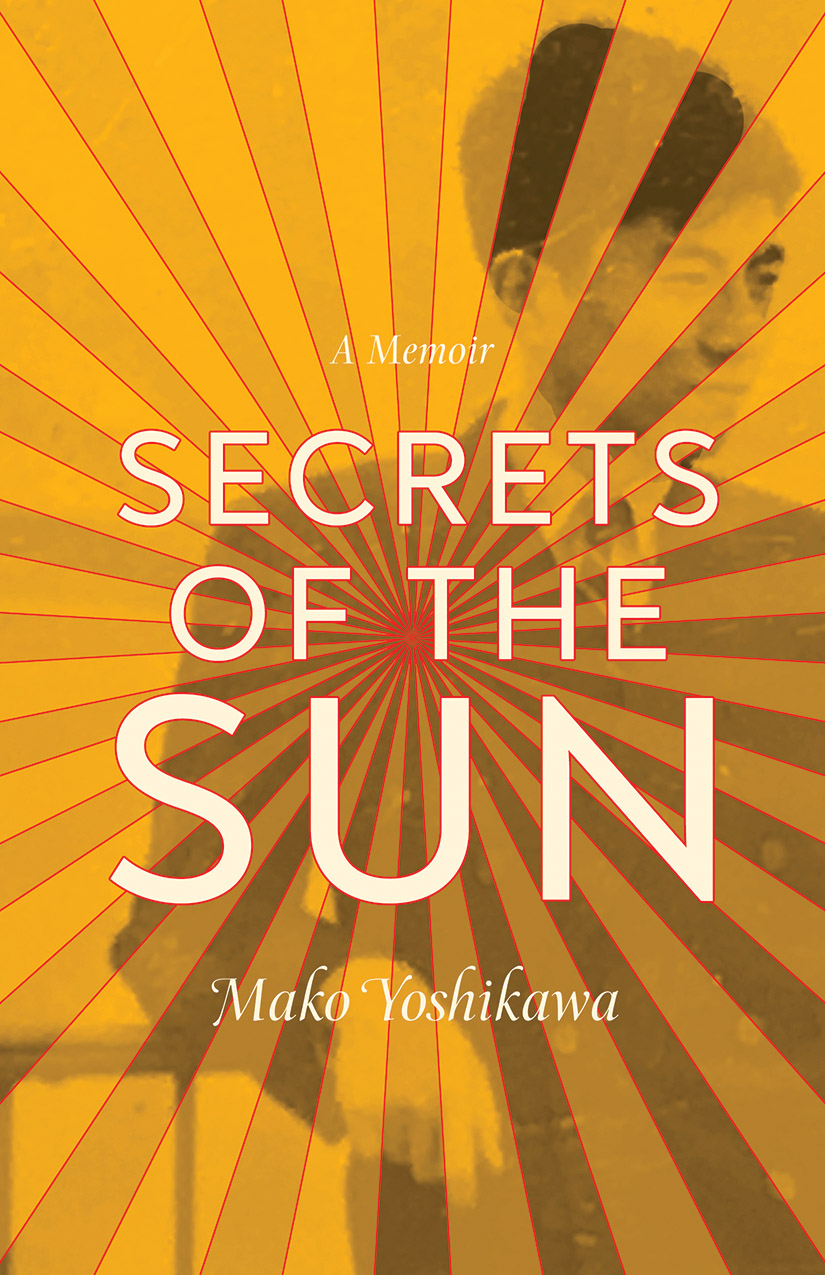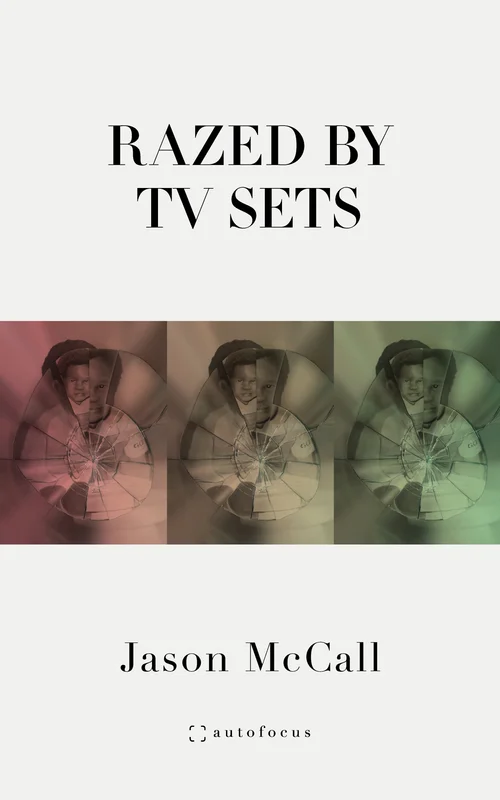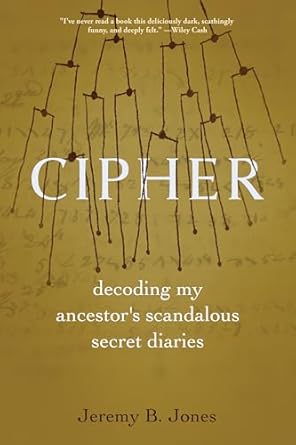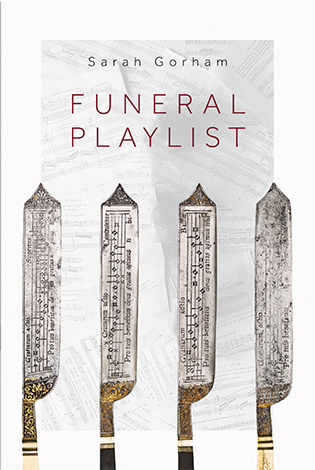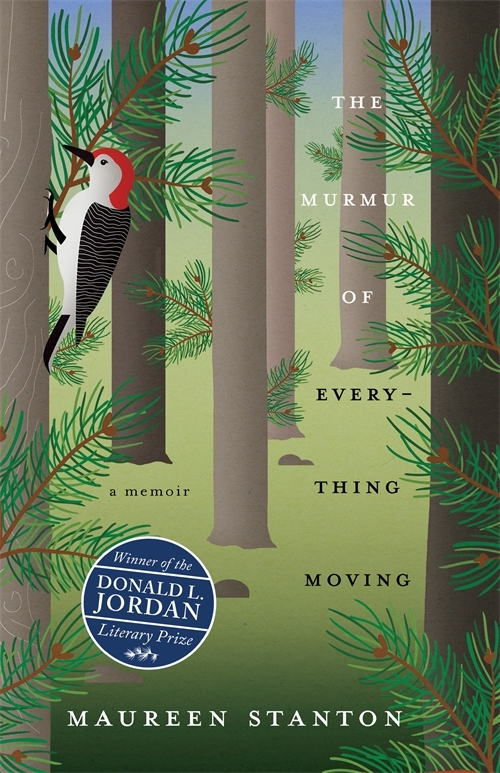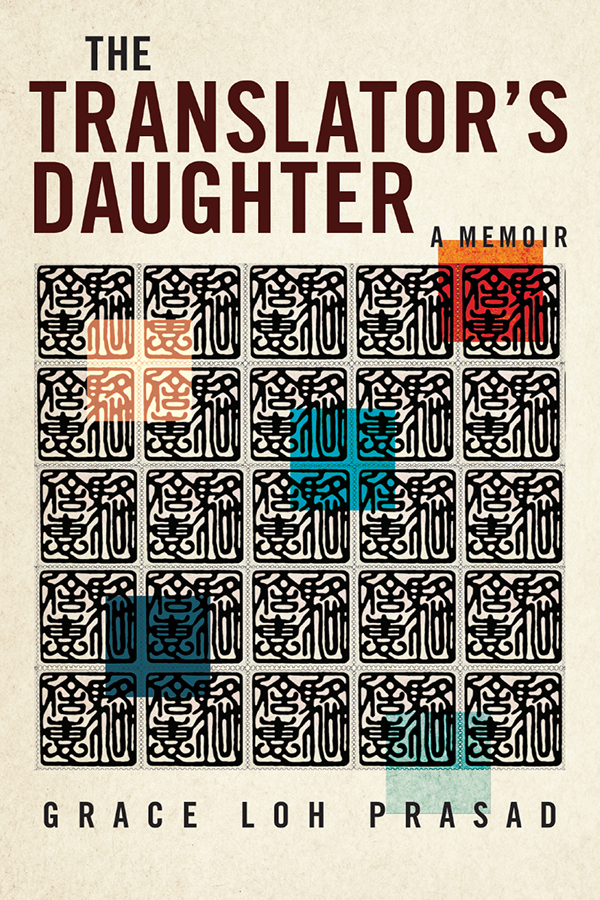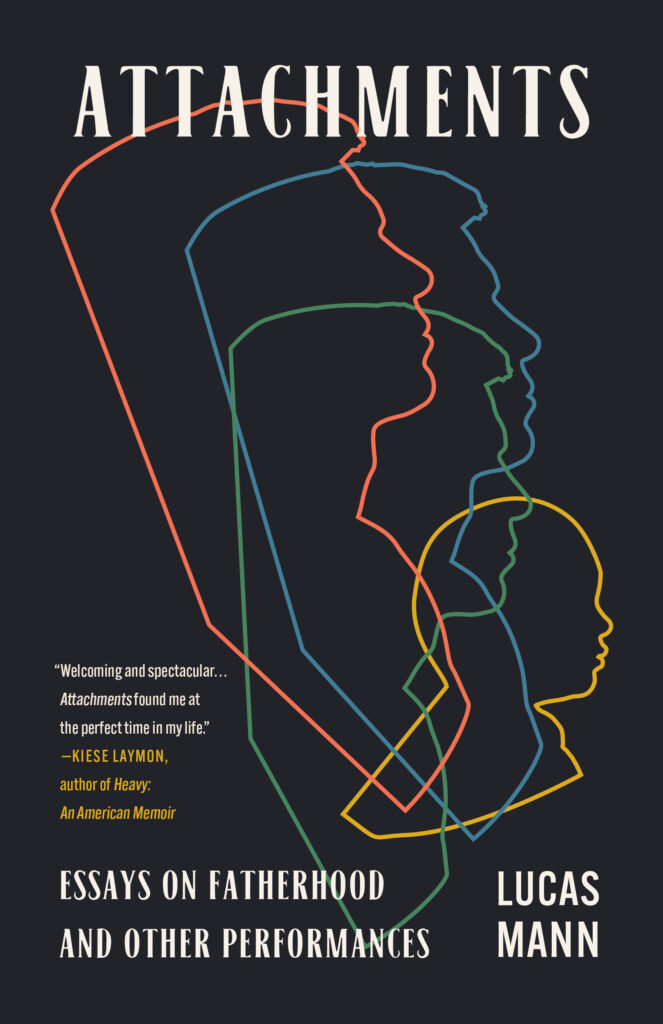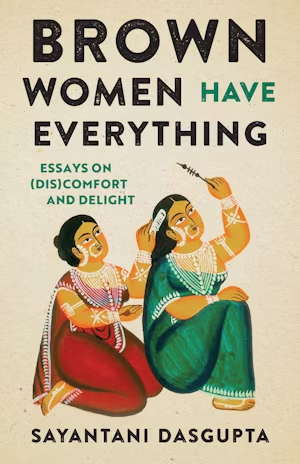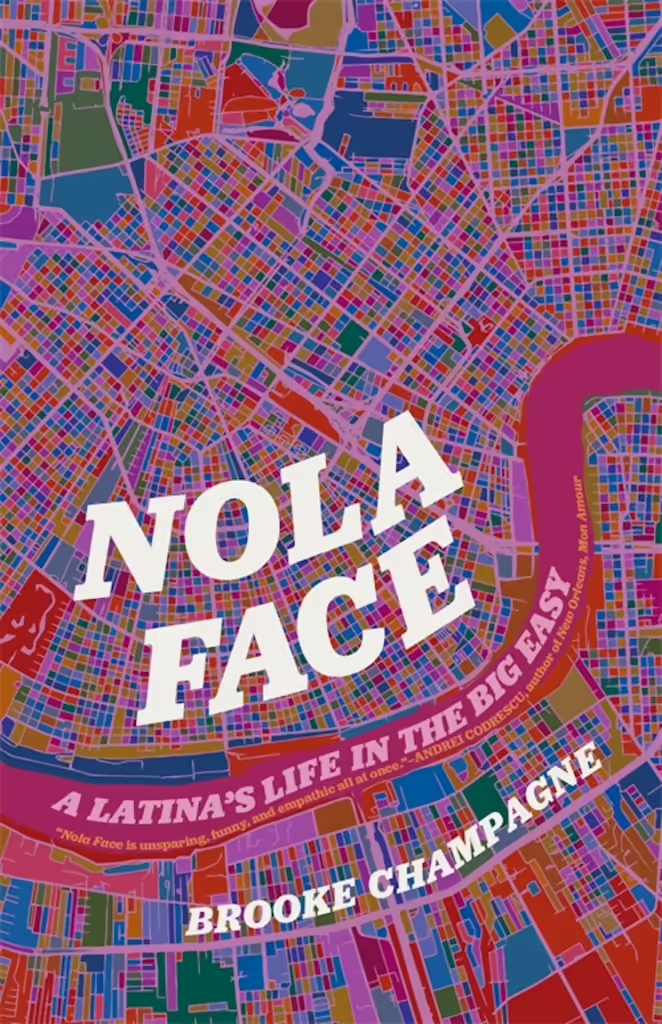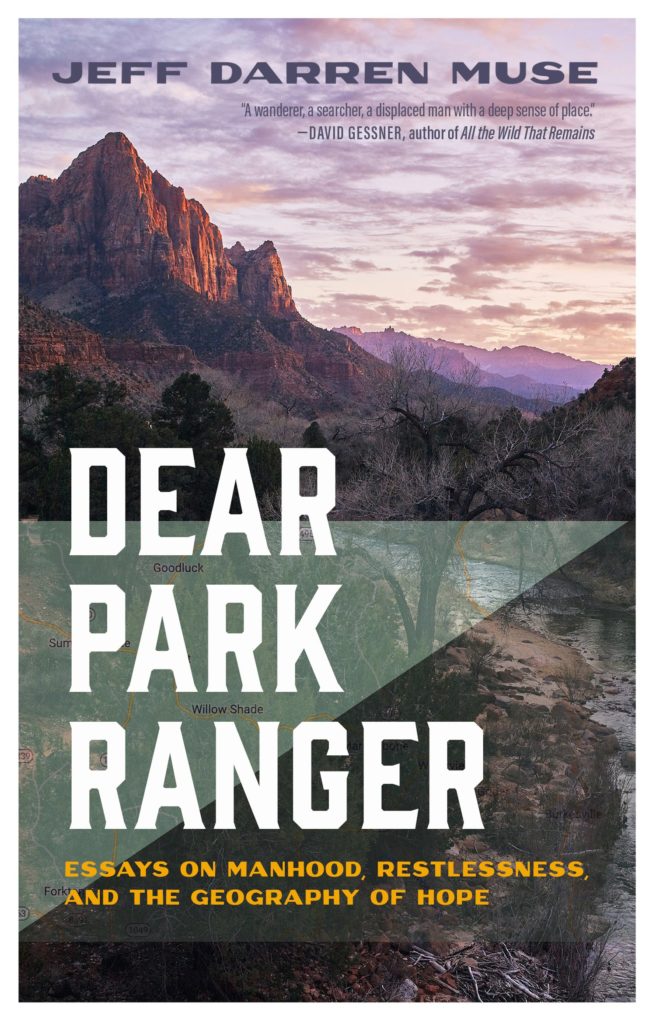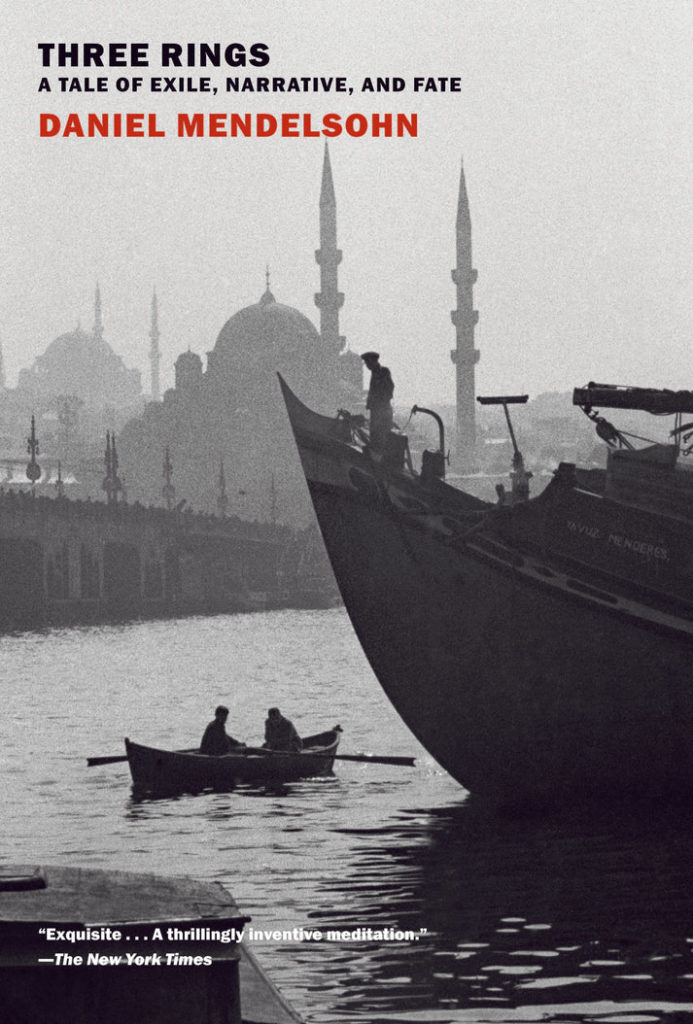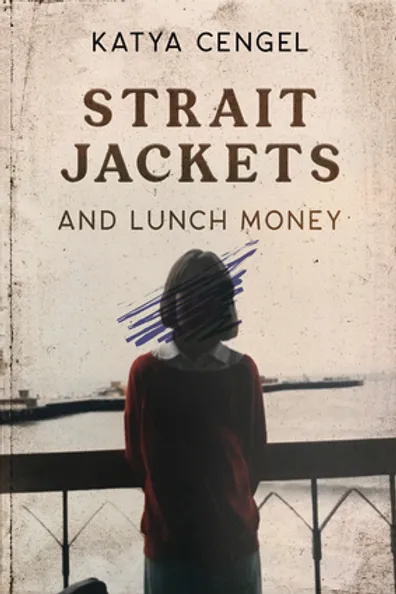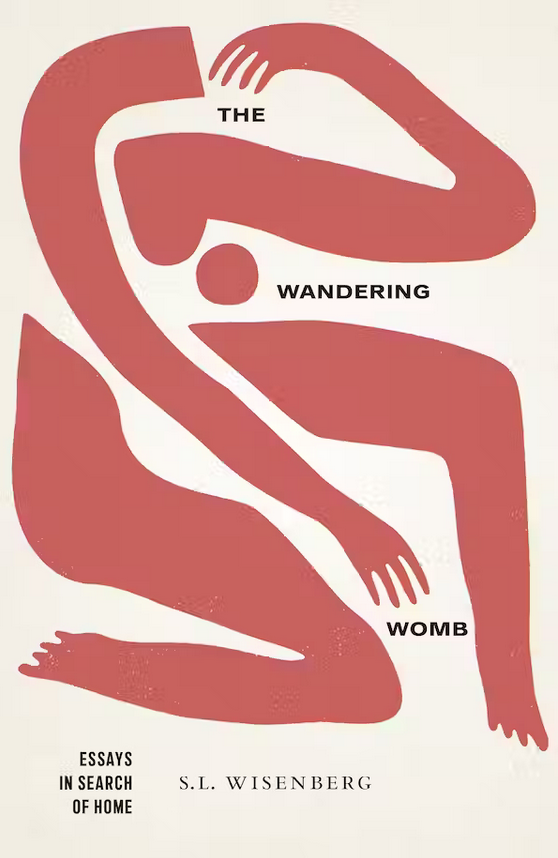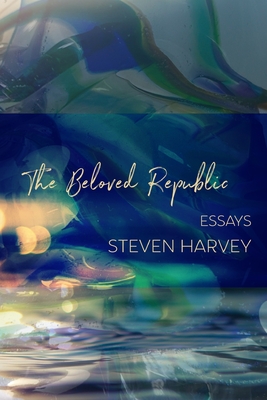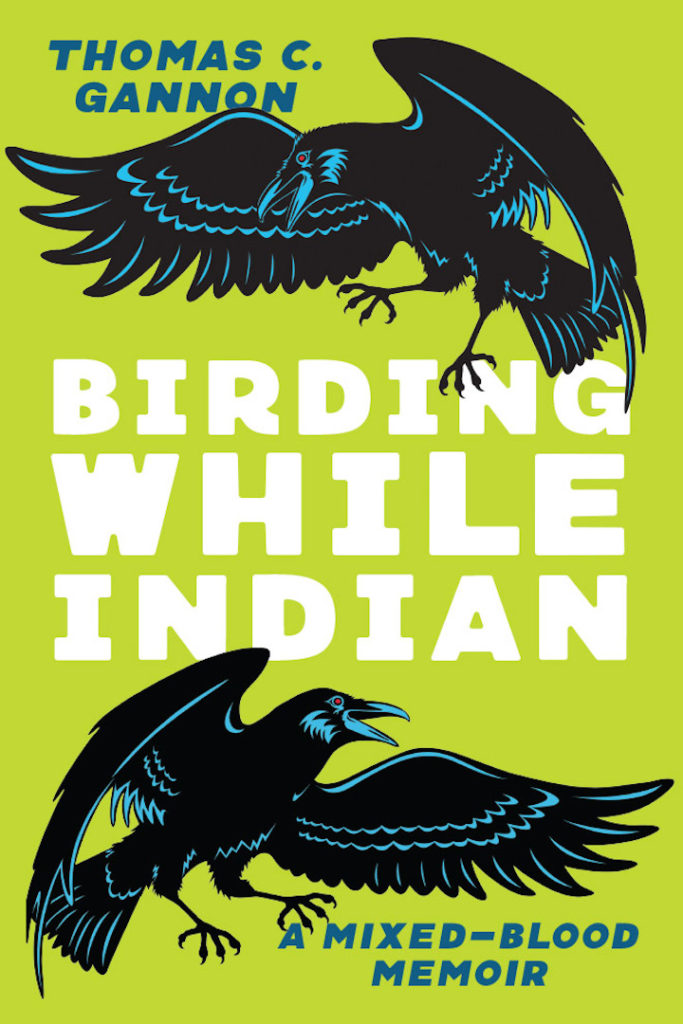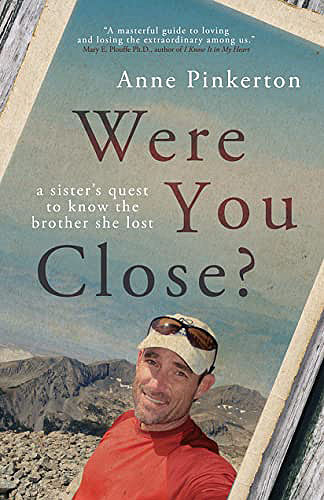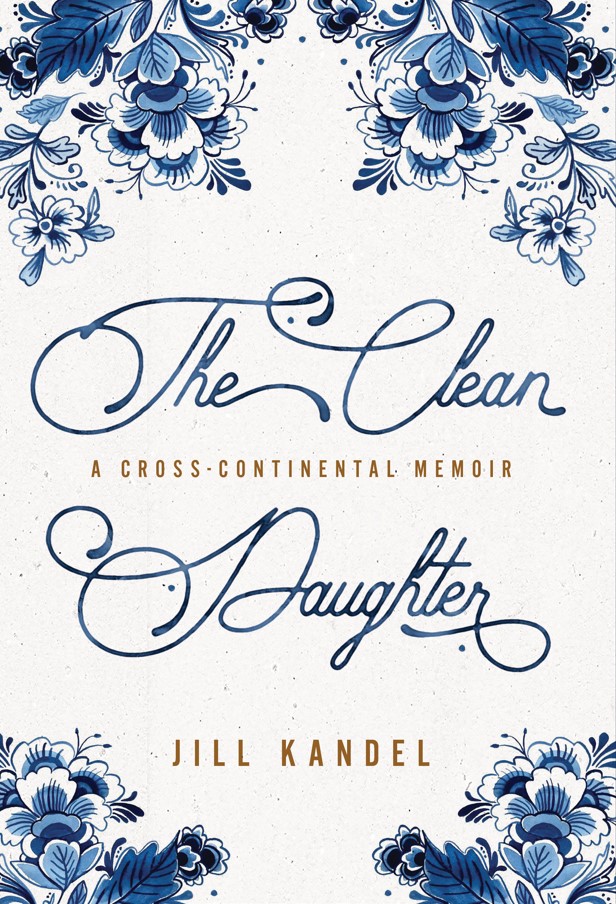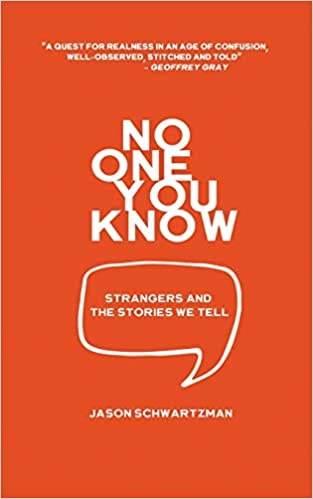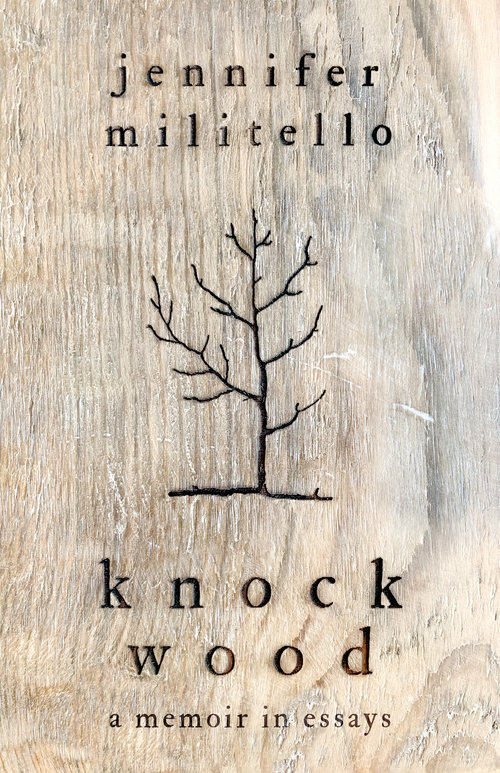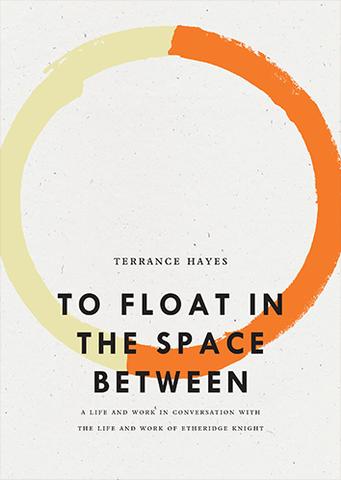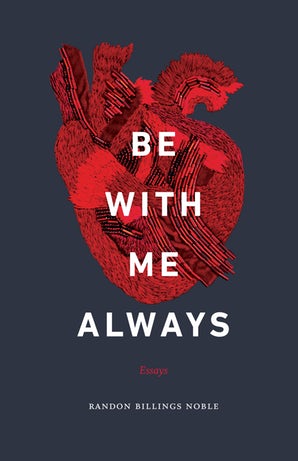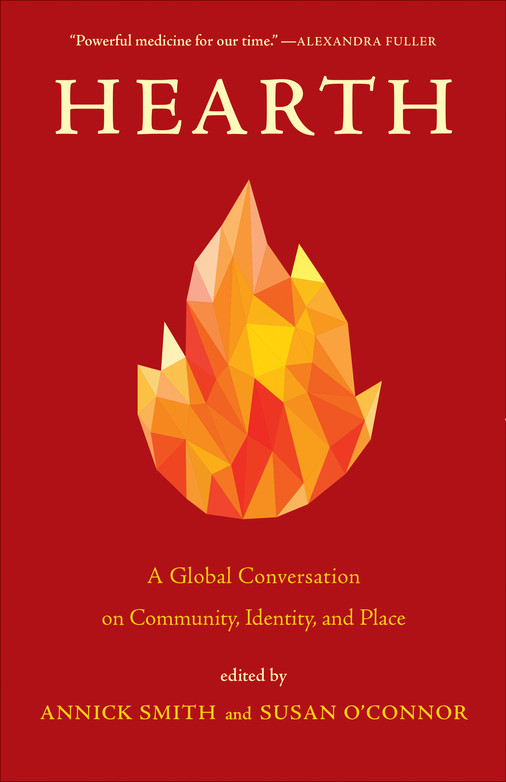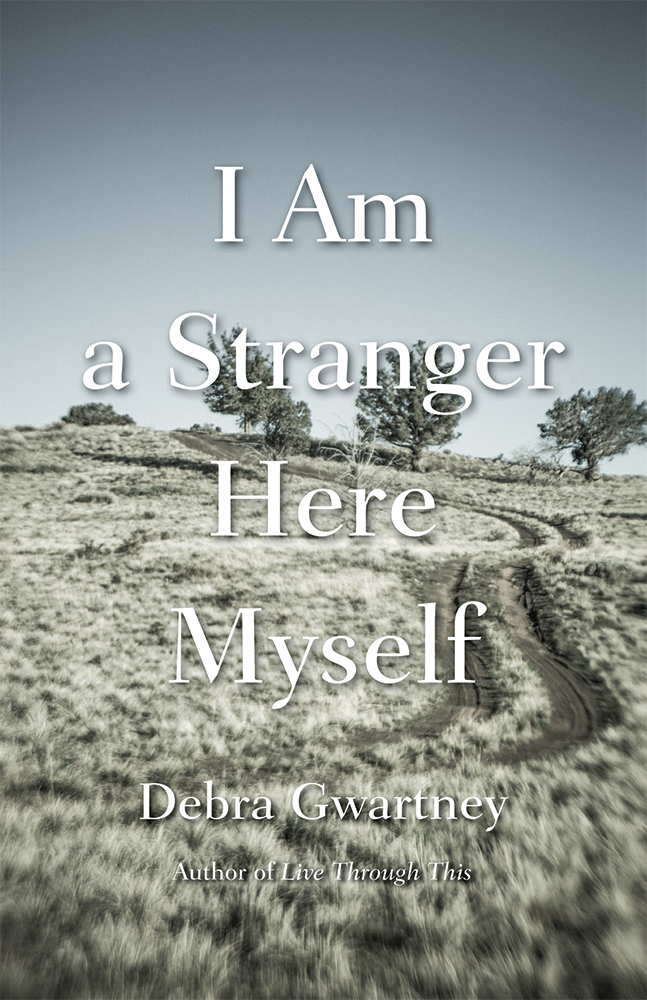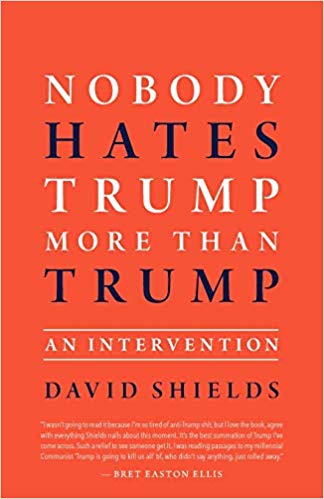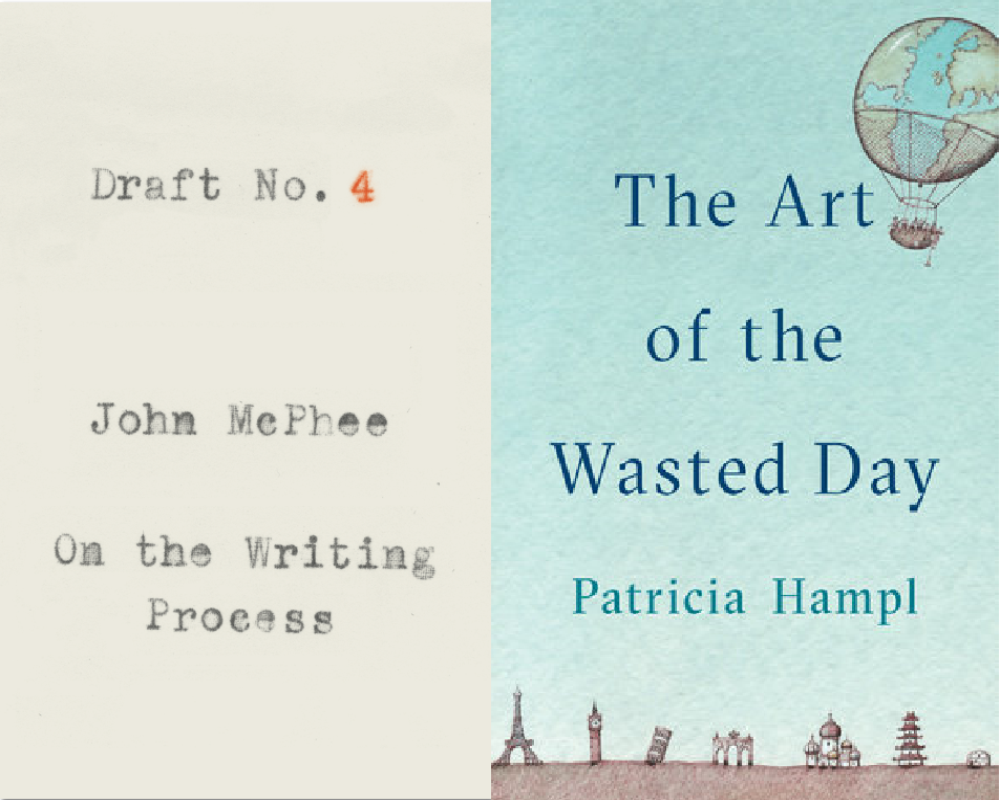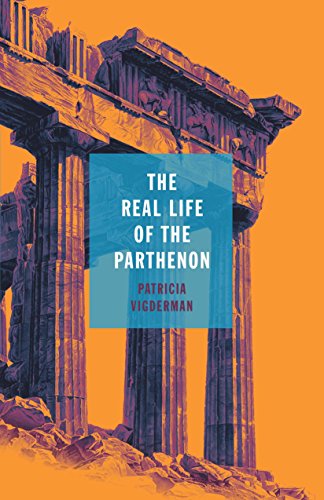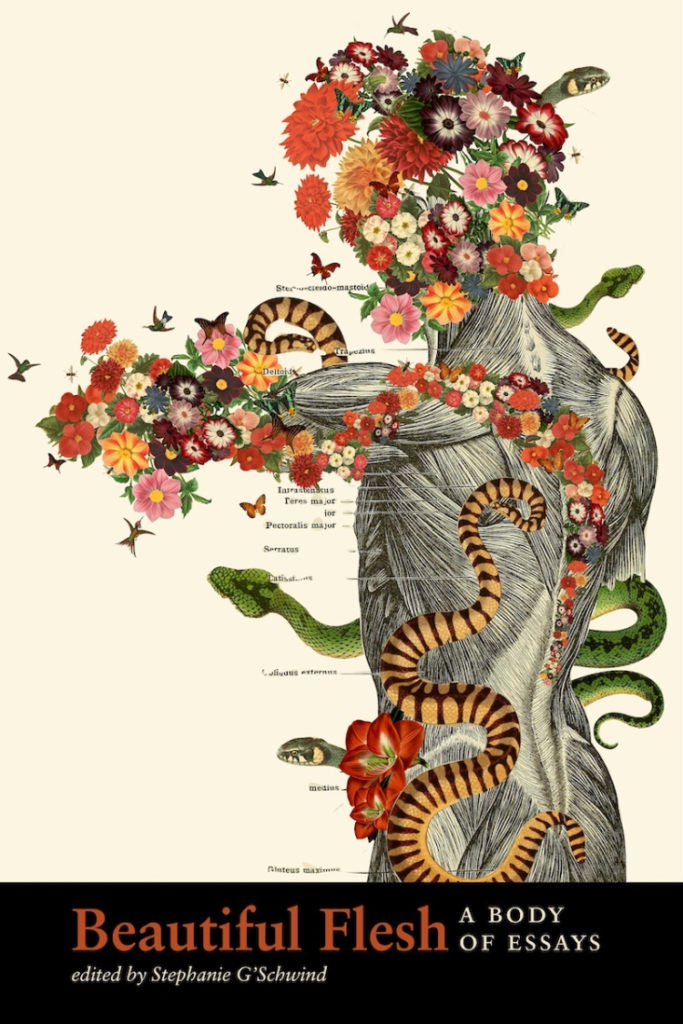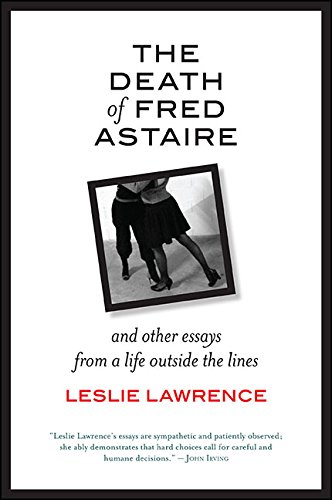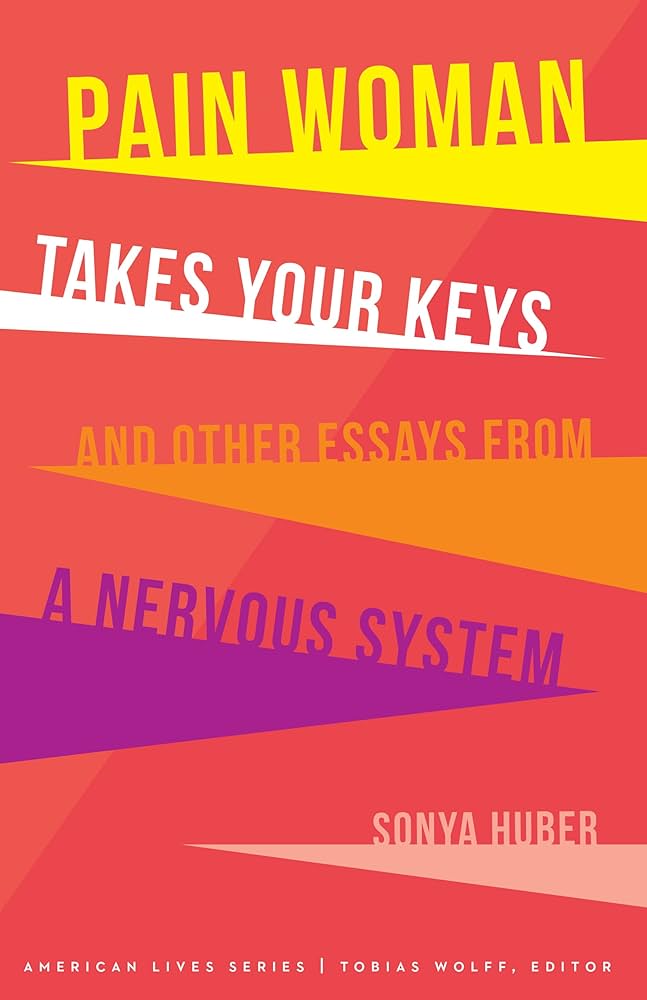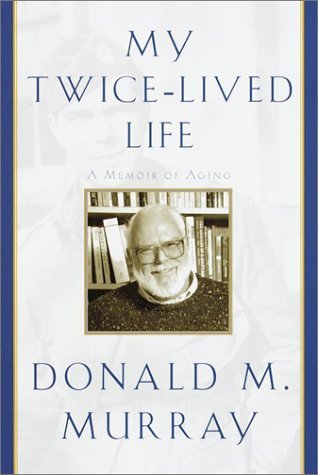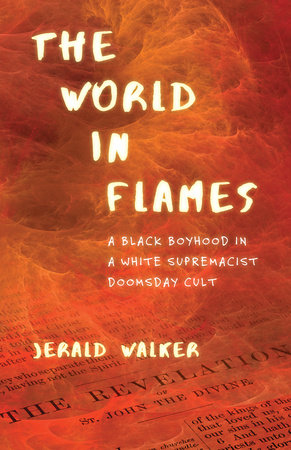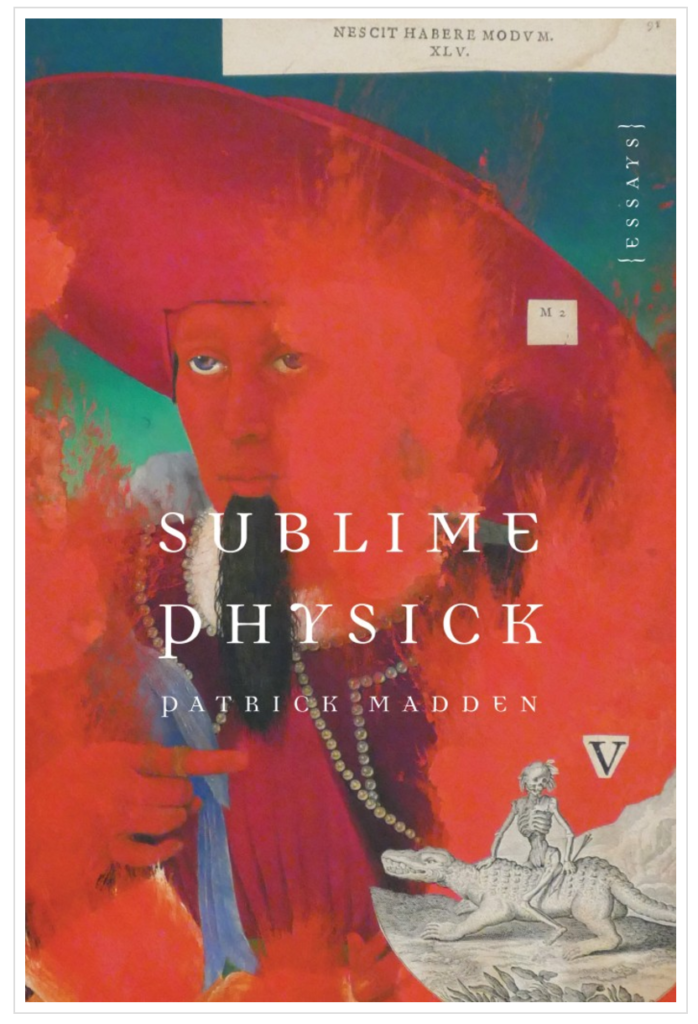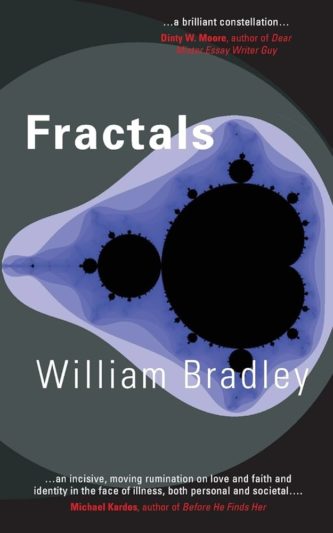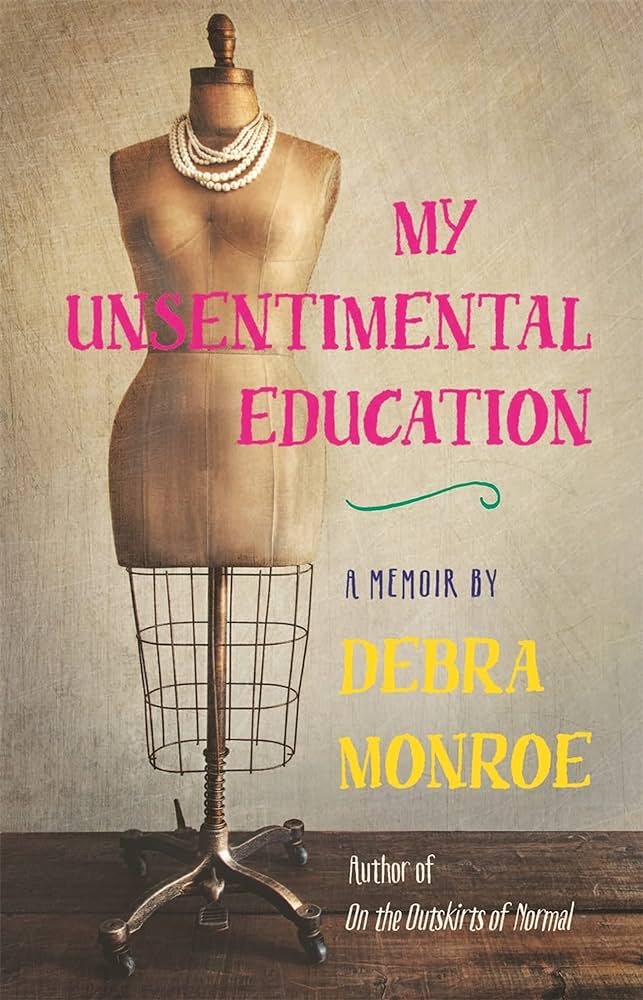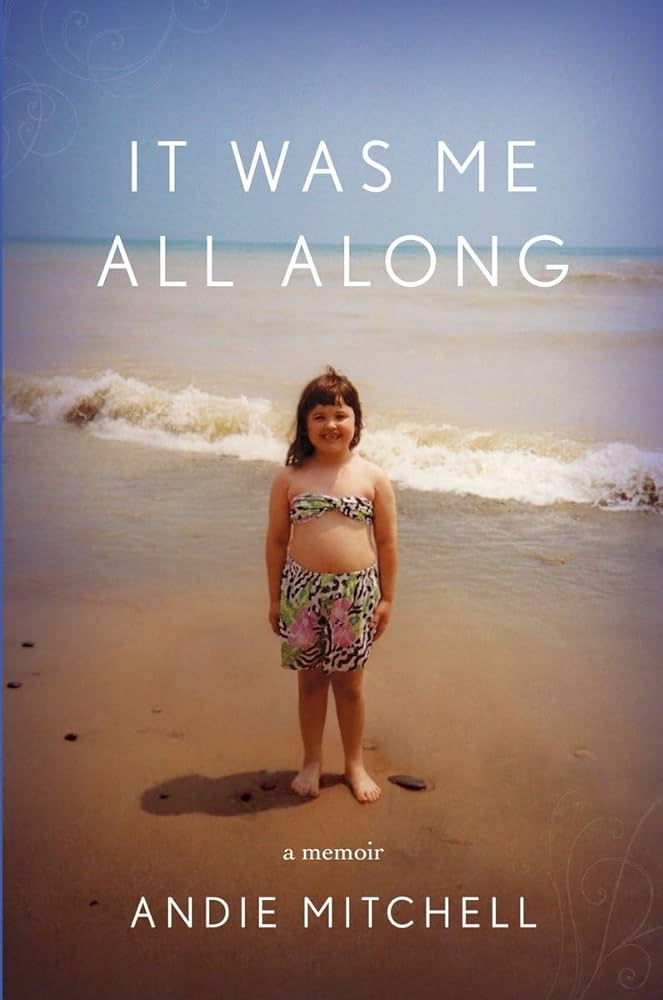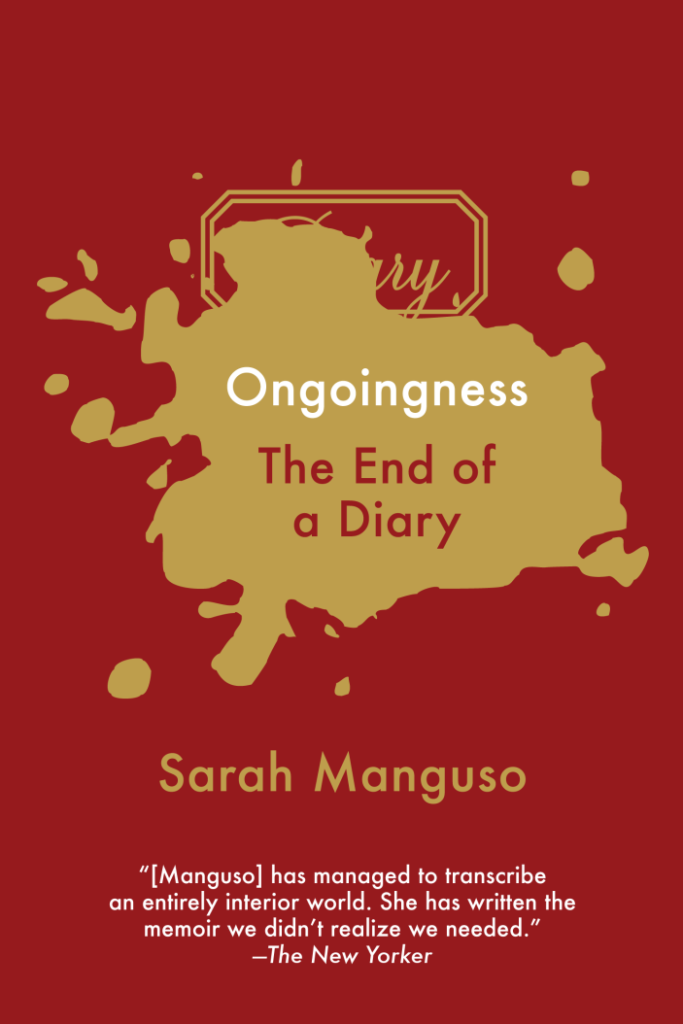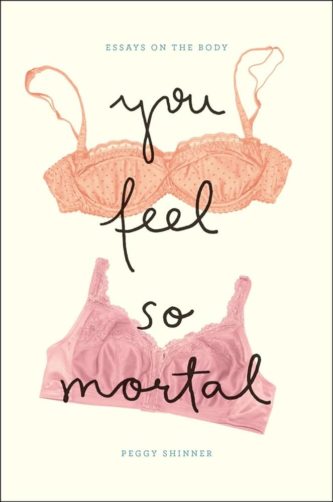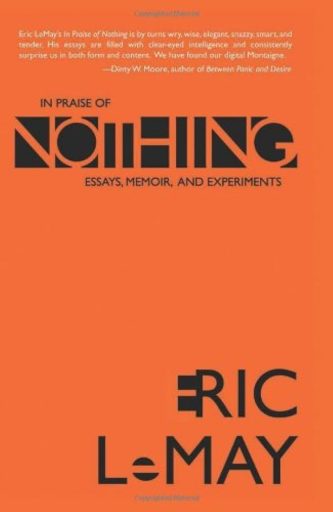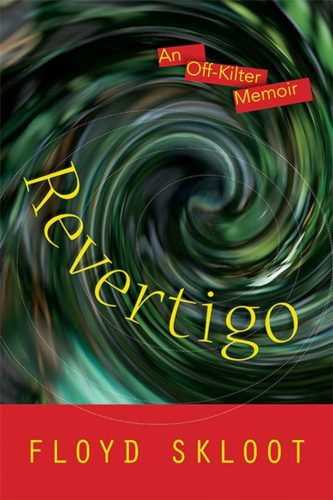By Katya Cengel
Secrets of the Sun: A Memoir by Mako Yoshikawa
Mako Yoshikawa is on a mission. In her memoir, Secrets of the Sun, she sets out to resolve the enigma of her father, Shoichi, a physicist and man plagued by bipolar illness. Through vivid snapshots, Yoshikawa obsesses over the mystery of her father, a brilliant scientist in the field of nuclear fusion who failed to achieve greatness.
That Shoichi also happens to be dead both simplifies and complicates his daughter’s task. Simplifies it because she can ask questions of her father’s “women,” those he was in relationship with as well as his daughters, the author’s sisters and Yoshikawa, who he claims to have loved the most, that is, if he truly loved any of them. She can also talk to his colleagues about whether he regretted his choice to devote himself to research that in the end proved futile. The complication is, had her father been alive none of the subjects she speaks to would have disclosed much of anything. After his death, some open up, but not a lot is revealed. For instance, when Yoshikawa asks her mother if her father regretted working on fusion, the conversation circles back to the same unsatisfactory conclusion her mother often hides behind. “He was a good man, inside.” Had he been available while writing the book, Yoshikawa could have asked her father to clarify his “goodness.” But that option is gone.
With Shoichi’s death is where this fast-paced memoir begins, days before Yoshikawa’s wedding. Yoshikawa is getting ready for her rehearsal dinner in Boston in 2010 when she receives a call from a police officer in New Jersey. A 44-year-old novelist and creative writing instructor, Yoshikawa thinks the call will be about another breakdown her father has had, a familiar tale. She expects to hear he’s been found roaming the streets half naked, not that he died the night before of natural causes.
As Yoshikawa embarks on a new stage in her life as a wife, her father’s passing pulls her back into an old one as a daughter. Since Shoichi had been physically abusive and never admitted it, Yoshikawa distanced herself from him. Vanished from her life, she questions why she kept him at a distance; she wants to confirm that she made the right decision to seek, at least, in writing, some kind of resolution.
Thus begins her quest to understand her father, hoping it will help her understand her childhood and her relationship with her mother and sisters. Yoshikawa examines her father’s early years in Japan, which coincide with World War II. She searches for clues to his character in his wealthy upbringing, overthrown by hunger and loss that came during and after the war. Later she interviews the many women with whom he was intimate, including her mother. Did he at least love her? She writes,
Because if my father had never loved the wives and girlfriends who loved him and nursed him and stayed by his side, what hope was there for me, the daughter who’d fled his home and returned as seldom as she could?
Because Shoichi was a physics genius, many whom Yoshikawa turns to trying to decipher him seem to overlook his other faults. Early in the book there is a telling exchange between Yoshikawa and her stepfather Jimmy. They are trying to craft a statement about Shoichi’s passing. Jimmy suggests they say something about Shoichi being “groundbreaking” for his research in nuclear fusion. Yoshikawa thinks up another possibility: “Groundbreaker who broke.”
The broken part is the part Yoshikawa knew best as his daughter. He may have been a renowned physicist, but he was a failure as a father, a heavy drinker whose anger was unleashed on his family in shouts and blows. Nevertheless, Yoshikawa realizes that despite her efforts to distance herself from him, he was, and will always be, a part of her life. This revelation makes her redouble her efforts to comprehend this man who showed so much promise before he began to suffer from mental illness in midlife. Why he became ill, what brought it on, and whether it was the mental illness that made him abusive are all questions she wants answered.
Yoshikawa pushes to learn the truth while fearing it at the same time. As her youngest sister cries about their father’s death during the rehearsal dinner, Yoshikawa brushes it off, telling her soon-to-be husband that her sister was not close to their father. Competing for his attention still bewitches her. Along the way Yoshikawa tackles other equally charged issues, including the prejudice and racism her Japanese-American family experienced and, surprisingly, her father’s penchant for cross dressing.
She first saw her father at home wearing a woman’s nightgown when she was a child. Later she learns from one of his female partners that he wore dresses and women’s underpants as well. It’s another thing the family does not talk about. When Yoshikawa asks her father’s female partner why he did it, all she remembers him saying is “they better,” a sort of arrogant threat. Trying to come to terms with this comment, Yoshikawa explores the issue of clothing and how it camouflages us as we try to fit in. She compares our use of clothes to how cuttlefish change colors. “Clothes can also serve as an adaptive strategy: a means of self-protection, of intimidation.”
When family and friends disregard his violent behavior, which included hitting his wife and children, Yoshikawa is left empty. If his mental illness is to blame, Yoshikawa has nowhere to direct the anger that has built up in her after years of his abuse. This leads to several beautiful truths about the complexity of communicating with the mentally ill, one of which is: “Talking sense into a schizophrenic: an endeavor so futile it could be an idiom, like tilting at windmills or squeezing blood from a stone.”
Insights like these into human nature manifesting in familial relationships make this slim volume about more than just one woman and her relatives, focused on an enigmatic father. Indeed, by exploring his past Yoshikawa understands more about Shoichi the man, which helps her forgive—a tall order—Shoichi the father. By the end, it’s less her father’s mental illness that makes him a mystery, but rather how his difference and strangeness are all too human, a finding the author struggles to accept. “He was elusive and capacious, as all of us are, every memory I had of him refracting, shifting over time and with the light.”
Mad Creek Books
$19.95 Paperback | Buy Here
Katya Cengel is the author of four nonfiction books including the award-winning From Chernobyl with Love and her most recent title, Straitjackets and Lunch Money. Her feature stories have been published in Smithsonian Magazine, New York Times Magazine, and The Atavist among others.

